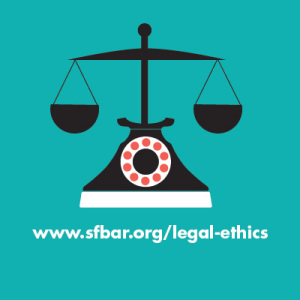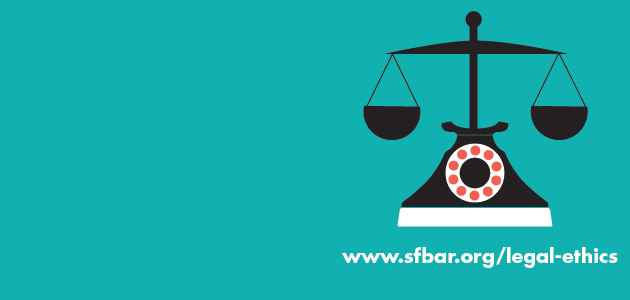
California recently joined a growing list of states that have issued published opinions recognizing an in-firm privilege. See, e.g., Moore v. Grau, 2014 N.H. Super. LEXIS 20 (N.H. Super. Ct. Dec. 15, 2014); Crimson Trace Corp. v. Davis Wright Tremaine LLP, 355 Or. 476 (2014); St. Simons Waterfront, LLC v. Hunter, Maclean, Exley & Dunn, PC, 293 Ga. 419 (2013); RFF Family Partnership, LP v. Burns & Levinson, LLP, 465 Mass. 702 (2013).
In Palmer v. Superior Court (2014) 231 Cal.App.4th 1214, the Second District Court of Appeal held that communications between a firm lawyer and the firm’s in-house counsel regarding a current client were protected by the attorney-client privilege despite discovery requests from the client who later sued the firm for legal malpractice. The court rejected the proposition that the so-called “fiduciary” or “current client” exceptions vitiate the privilege.
In doing so, the court refused to follow the approach of unpublished federal decisions which have held that the privilege does not apply to communications regarding a current outside client when the communications arise out of the firm’s self-representation and create an impermissible conflicting relationship with the outside client. See, e.g., Thelen Reid & Priest LLP v. Marland (N.D.Cal. Feb. 21, 2007) 2007 WL 578989, and In re SonicBlue, Inc. (Bankr.N.D.Cal. Jan. 18, 2008) 2008 WL 170562.
The court in Palmer reasoned that applying a fiduciary or current client exception would be contrary to California law because exceptions to the privilege are strictly statutory; California courts are not at liberty to create implied exceptions. In contrast, in federal court actions governed by federal law, evidentiary privileges are generally a question of common law as interpreted by reason and experience. See FRE 501.
While recognizing the existence of a privilege, the Palmer court acknowledged that a law firm’s representation of itself, or one of its partners, in regard to a dispute or threatened claim by a current client may raise “thorny ethical issues.” However, the court also emphasized that “it is not a foregone conclusion” that an attorney’s consultation with in-house counsel regarding a client dispute will always be adverse to the client, and a law firm is “not necessarily disloyal to a client by seeking legal advice to determine how best to address the potential conflict, regardless of whether the legal advice is given by in-house counsel or outside counsel.”
The court further held that for the privilege to apply, the party asserting it must demonstrate that a “genuine attorney-client relationship” existed between the lawyer and in-house counsel. Among the factors that may be instructive are (1) whether the firm designated, formally or informally, an attorney or attorneys within the firm to represent the firm as in-house or ethics counsel, (2) whether the in-house counsel performed any work on the client matter or a substantially related matter, (3) whether the time spent on the in-house communications was billed to the client, and (4) whether the communications were made in confidence and kept confidential.
About the author:
 Drew Dilworth’s practice focuses on representing and counseling lawyers on matters of professional responsibility. He is a member of the state bar’s Committee on Professional Responsibility and Conduct.
Drew Dilworth’s practice focuses on representing and counseling lawyers on matters of professional responsibility. He is a member of the state bar’s Committee on Professional Responsibility and Conduct.


